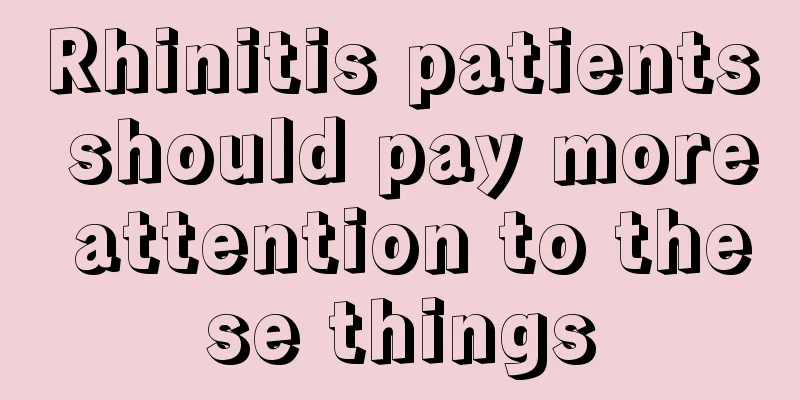What to do with small cell lung cancer

|
In recent years, with the increasingly serious environmental pollution and the increasing haze, diseases such as small cell lung cancer often occur around us. For this reason, we should know more about such diseases and know how to prevent them in daily life. What should we do if we have small cell lung cancer? Let's learn about it together. Small cell lung cancer accounts for 15% to 20% of all lung cancers, and its proportion in lung cancer is gradually decreasing. Small cell lung cancer is very sensitive to initial chemotherapy and radiotherapy, but often relapses quickly. Staging: Small cell lung cancer is divided into limited stage and extensive stage. Limited stage means that the tumor is located in one side of the chest cavity and can be safely radiotherapy in one radiation field. Extensive stage small cell lung cancer is beyond the above range, including malignant pleural effusion, malignant pericardial effusion, superior vena cava compression syndrome and extrathoracic spread. The consensus on the treatment of limited-stage small cell lung cancer is that the combination of systemic chemotherapy and chest radiotherapy can prolong the patient's survival; early radiotherapy is better than late radiotherapy. The recommended chemotherapy regimen combined with radiotherapy is etoposide combined with cisplatin. Patients who achieve complete remission after treatment are recommended to receive preventive brain radiotherapy. The treatment of extensive-stage small cell lung cancer is mainly systemic chemotherapy. The recommended chemotherapy regimen is etoposide combined with cisplatin or etoposide combined with carboplatin. Continuous chemotherapy for more than 6 cycles is of no benefit to patients. Other options include CAV regimen, Capetor combined with cisplatin regimen, and Mexin combined with cisplatin regimen. For the second-line treatment of small cell lung cancer, small cell lung cancer that recurs within 3 months after treatment can use the non-small cell lung cancer regimen. Those who relapse between 3 to 6 months can choose the Hemeixin regimen, Capeto regimen, and CAV regimen. Those who relapse more than 6 months can receive the original treatment regimen. The key points for the successful treatment of small cell lung cancer include clear pathological diagnosis, accurate staging, and early participation in radiotherapy for limited-stage small cell lung cancer. In addition, eating more foods with anti-tumor effects in daily life, such as citrus, hawthorn, kelp, seaweed, sardines, celery, shepherd's purse, kohlrabi, etc., can also play a role in preventing the onset of small cell lung cancer. Maintaining a reasonable eating habit, doing more physical exercise and enhancing immunity in daily life can also help prevent small cell lung cancer. |
<<: How to cure small cell lung cancer
>>: What are the causes of small cell lung cancer
Recommend
What is the cause of gallstones?
Gallstones are a relatively common disease with a...
What are the early symptoms of cervical lymphoma?
The malignant transformation of lymphocytes is ca...
Can alum be eaten?
Alum is a product that seems to have no effect, b...
What are the best foods for nourishing the stomach?
We all know that the stomach mainly relies on dai...
How many days does it usually take for a cold and cough to heal?
Cold is a relatively common disease, which is gen...
What are the symptoms of glandular cystitis
You may have heard of glandular cystitis, which i...
What is the use of drinking orange peel soaked in water
In real life, if you pay a little attention, you ...
Can white hair turn black?
Whether the graying of hair is caused by some phy...
I took the emergency contraceptive pill and had chest pain
In the life of both sexes, contraception is the m...
Can chest X-ray detect lung cancer?
Because of its relatively low resolution, chest d...
What causes small cell lung cancer
Small cell lung cancer is a common malignant tumo...
How to clean leather clothes
As the weather gets cooler, people need to wear s...
What's the matter with the swollen calves? What causes it?
Generally speaking, calf swelling mostly occurs i...
Is herpes simplex contagious? It turns out to be like this
Herpes simplex is a common skin disease in daily ...
Is it possible to get pregnant in the early stage of rectal cancer?
Every woman wants to be a mother. And all of thes...









